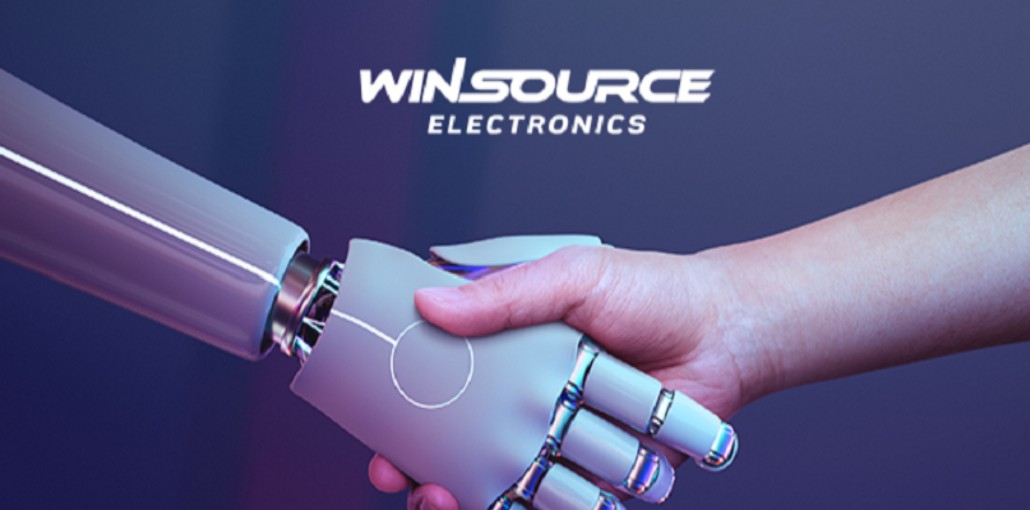Artificial Intelligence (AI) has seamlessly integrated into our daily lives, often in ways we don’t even recognize. Contrary to popular belief, the most common Artificial intelligence technologies are not just confined to smart virtual assistants like Siri. From self-driving cars to personalized shopping recommendations, AI’s presence is multifaceted and ever-growing.
The Different Levels of Artificial Intelligence
In the realm of artificial intelligence (AI), understanding its various levels is crucial for grasping its capabilities and limitations. AI can generally be categorized into three distinct levels: weak artificial intelligence, strong artificial intelligence, and super artificial intelligence. Each level represents a significant leap in AI’s cognitive abilities and potential impact on our world.
Weak Artificial Intelligence
Weak AI, also known as narrow AI, is the most commonly encountered form of artificial intelligence today. It is designed to perform specific tasks and operates within a limited context. Weak AI systems do not possess consciousness, self-awareness, or genuine understanding. They simulate intelligence and decision-making within their programmed boundaries. Examples include voice assistants like Siri or Alexa, recommendation algorithms in e-commerce platforms, and even complex systems like autonomous vehicles, which are programmed for specific tasks like driving, but do not possess general intelligence.
Strong Artificial Intelligence
Strong AI, or general AI, is a theoretical form of artificial intelligence that matches or exceeds human intelligence. A strong AI system would have the ability to understand, learn, and apply its intelligence broadly, rather than being confined to specific tasks. It would possess cognitive abilities akin to human reasoning, problem-solving, and learning. This level of AI implies self-awareness and the ability to comprehend contexts and abstract concepts, much like a human brain. However, as of now, strong AI remains a goal rather than a reality, with significant challenges in development and understanding.
Super Artificial Intelligence
Super AI is a hypothetical level of artificial intelligence that surpasses human intelligence in all aspects – reasoning, problem-solving, creativity, and more. The concept of super AI goes beyond human-level intelligence, proposing an entity that can outperform the best human brains in practically every field, including scientific creativity, general wisdom, and social skills. The development of super AI raises numerous ethical and existential questions, as such an intelligence could potentially have a profound and unpredictable impact on humanity.
Challenges of Artificial Intelligence
Strong AI, at a more advanced level, aims to create machines with human-like intelligence, including emotions, perceptions, and self-awareness. However, this level of AI is still largely theoretical, with many constraints in its development. The notion of super AI, which would surpass human intelligence, is even more speculative and raises questions about the future of AI.
Also read: AI Decisioning for Fraud Detection and Prevention
These different levels of AI demonstrate the breadth and potential of AI technologies. From the everyday applications of weak AI to the theoretical possibilities of strong and super AI, the landscape of artificial intelligence continues to evolve, offering both exciting opportunities and challenges that need careful consideration and ethical oversight.
Integration in Real Life
A notable example of AI integration is seen in WIN SOURCE’s investment in AI for supply chain management. By leveraging AI, they’ve transformed their supply chain processes, enhancing both resilience and operational efficiency.
Ethical and Practical Considerations
The ethical implications of AI, especially regarding consciousness, are hotly debated. While there are rumors about AI systems like ChatGPT gaining consciousness, the reality is far from it. This brings us to the question of the ethical development and control of AI technologies.
Summary
The development of AI is both an exciting and cautionary tale. As Stephen Hawking once hinted, AI could be a ‘forbidden fruit,’ necessitating careful consideration of its future trajectory.
FAQs
What is the primary difference between weak and strong AI?
Weak AI is designed for specific tasks and lacks self-awareness, whereas strong AI aims for human-like intelligence and self-awareness.
Can AI really become conscious?
Currently, AI does not possess consciousness, but the theoretical possibility sparks significant ethical and scientific debate
How is AI impacting our everyday lives?
AI impacts daily life in various ways, from navigation systems in cars to personalized online shopping experiences.
What are the ethical concerns surrounding AI development?
Key concerns include the potential for AI to surpass human control and the ethical implications of AI decision-making.
Is strong AI currently a reality?
Strong AI remains largely theoretical, with significant hurdles to overcome in achieving human-level intelligence.










Leave a comment